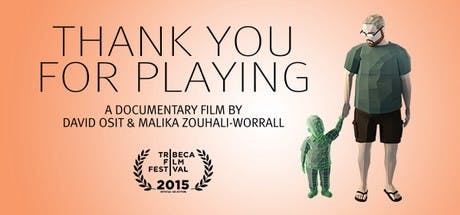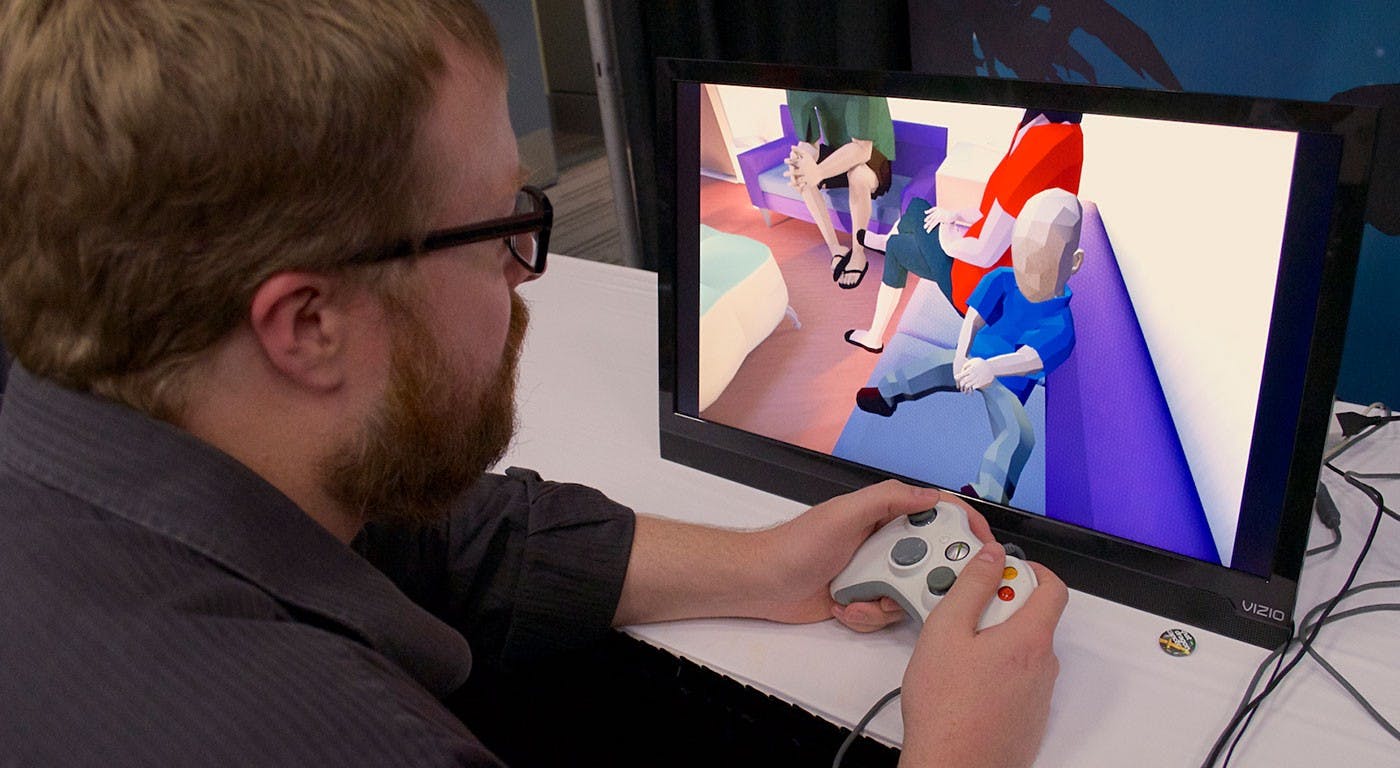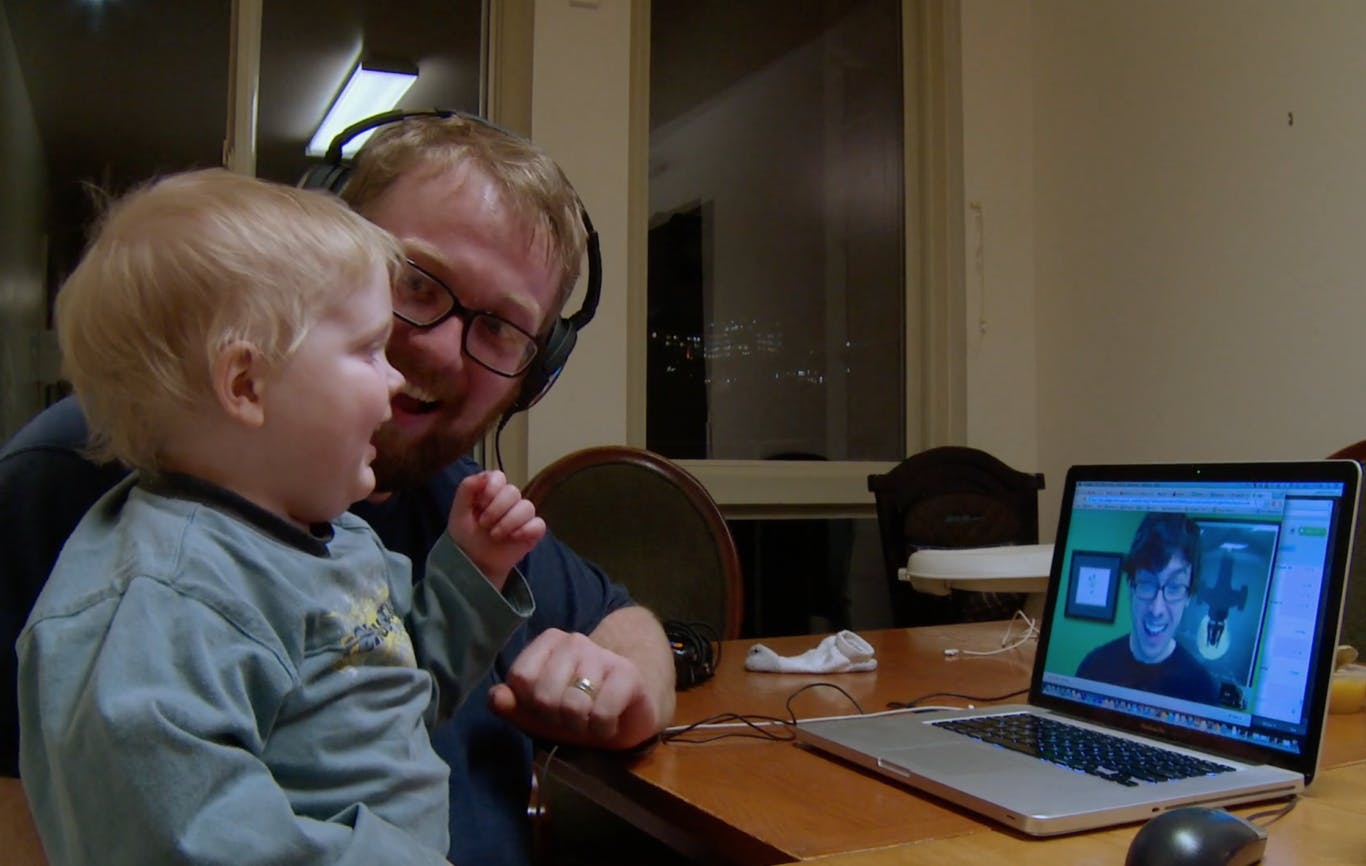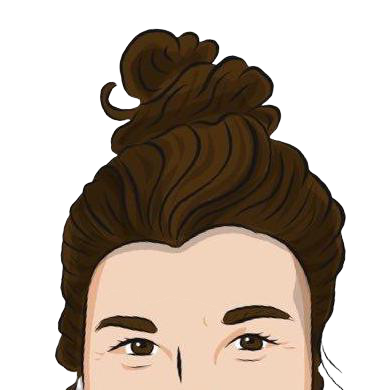Thank You for Playing Pushes Boundaries for What Gamers Can Experience
FLURT Magazine

There’s no right way to mourn the loss of a child. While many parents join a support group or keep a journal, the Greens chose an unconventional route — to create a video game about their son’s battle with cancer.
Directed and produced by David Osit and Malika Zouhali-Worrall, the documentary Thank You For Playing follows programmer and game developer Ryan Green and his wife, Amy, as they design a video game based on their experiences with Joel, their terminally ill son.
If you have 80 minutes and a box of tissues to spare, I would highly recommend Thank You For Playing. Not only does this powerful documentary offer a raw look at the Green family’s journey, but also it critically examines the gaming industry’s place in grief.
The game, titled That Dragon, Cancer, is a series of immersive vignettes that provide intimate glimpses into the Greens’ lives — ranging from feeding ducks in the park with Joel to comforting him when he’s crying at the hospital.
I’ll admit: When I first heard about the premise for the game, I was skeptical. Aren’t video games supposed to be fun? How can something so heartbreaking be considered fun? However, that’s not the purpose of That Dragon, Cancer.

Ryan Green exhibiting a prototype of That Dragon, Cancer.
Using a mixture of poetry and gameplay, the Greens push the boundaries of what a player can experience emotionally in a video game. For instance, there are segments in the game when the player has limited, or even no, control over the outcome — much like Joel during his treatments. By being there to capture it all, Osit and Zouhali-Worrall inherently challenge the audience’s perspective of a video game’s potential as culturally significant work of art.
One of the most remarkable aspects of this documentary is how the filmmakers elegantly synthesize authentic family moments and the creative process behind the game’s development. The film itself weaves home videos, interviews with Amy and Ryan, excerpts from That Dragon, Cancer and the footage shot by Osit and Zouhali-Worrall throughout their two years with the Greens. This integration of various media forms allows the audience unique insight into scenes from the game, alongside the exact points in time that inspired them. You see those genuine moments, like Ryan and Joel laying in bed and looking at the moon, followed by a scene of a developer playing peek-a-boo with Joel so they can record his laugh to include in the game. In addition, you also watch as Amy and Ryan tackle the difficult decisions surrounding just how personal the game should be, such as whether or not to include Joel’s cry.
Though seen as controversial, the film does acknowledge the Greens’ religious faith and the influence this had on the game’s development. While I did not think that the integration of religion took away from the storyline, and in fact gave the audience a further understanding of Amy and Ryan Green, I can understand how this can be off-putting to some viewers.
As someone without children, Thank You For Playing was still engaging because it appeals to intrinsic human emotions – including the internal battle of being hopeful yet helpless and the emptiness experienced after loss. The cinematography displays an intense level of honesty, which gives the audience the sense that they are experiencing life alongside the Greens. It’s challenging to not get your own feelings tangled up with the film.

Joel Green sits on Ryan’s lap as he plays peek-a-boo with lead developer Josh Larson.
Osit and Zouhali-Worrall released Thank You For Playing in April 2015 at New York City’s Tribeca Film Festival, after raising over $40,000 in a successful Kickstarter campaign. The film is available now on platforms like iTunes, Amazon and Google Play and continues to be shown at festivals worldwide. Purchasing information and upcoming viewing dates can be found on the website: www.thankyouforplaying.com
Liked this article?
Let me send updates to your inbox (and one day, a newsletter).
Unsubscribe anytime. No spam 🤖
